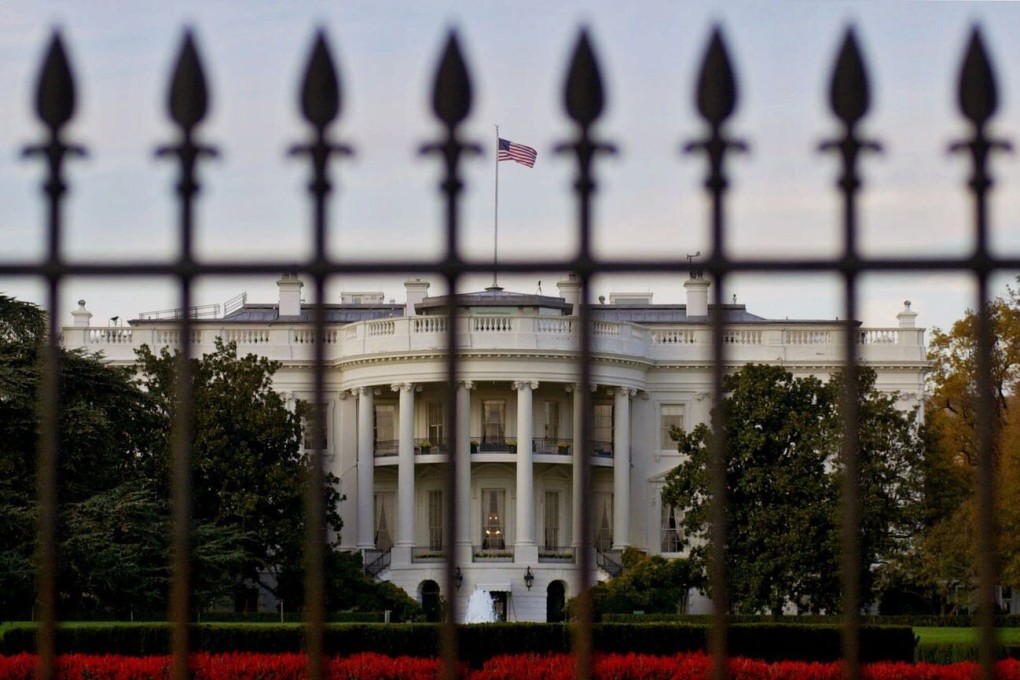US must accept its hegemony is waning, says Chinese foreign vice-minister Le Yucheng
- Senior official insists that US is still a strong nation and will be hard to overtake, but should not adopt a ‘cold war mentality’
- Le says many countries are ready to support China internationally and criticises Washington for forming ‘small clubs’ such as the G7 and Quad

China’s foreign vice-minister Le Yucheng has called on Washington to accept that “American hegemony” is in decline, but insisted it will be difficult to overtake the United States even within a “relatively long period of time”.
The US is still the leading power in terms of strength but its adoption of a cold war mentality and creation of “small clubs” is a sign of ideological decline, Le told media outlet Guancha on Friday.
“The US decline is not a decline in strength but a decline of hegemony,” Le said. “No matter a country’s strength, hegemonic power is bound to wither, hegemony is not popular.”
But he said the US is “still a strong and large nation in the number one spot”, adding: “It will be hard to overtake it over a relatively long period of time.”
Le said that US-led groupings like the defence-focused Quad, the intelligence-sharing Five Eyes, and the Group of Seven were all examples of Washington trying to define the “international community” when there are many more nations willing to support China’s position.